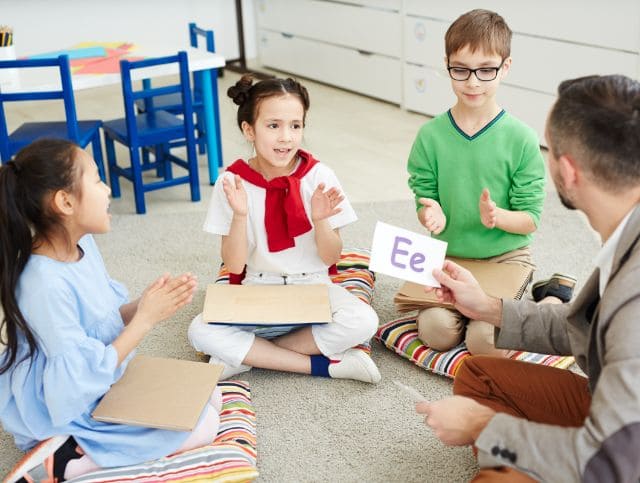1st year
6 years
2nd year
7 years
3rd year
8 years old
Grade 4
9 years old
Grade 5
10 years

The elementary school is divided into 5 grades. The classes of CP, CE1 and CE2 correspond to cycle 2, also called the cycle of fundamental learning. CM1 and CM2 are the first two years of Cycle 3 (which ends at the end of 6th grade). This is the consolidation cycle.
Cycle 2 covers the period from CP to CE2, offering the length and coherence needed for progressive and demanding learning. In Cycle 2, all subjects are concerned with the world. The mastery of languages, and in particular the French language, is central.
Particularly structured and explicit teaching: give meaning to learning and see it as a progressive process. Take into account the special educational needs of certain students, who require appropriate teaching arrangements.
Understanding is essential to building solid knowledge. All courses are concerned.
The construction of temporal reference points follows the same logic: understanding them through explicit learning gradually enables them to be used spontaneously.
Building automation and meaning are two necessary dimensions of language mastery. Mastering the whole range of grapheme-phoneme correspondences, from letters or groups of letters to sounds and vice versa, is an essential part of learning French. Fluency in reading, which must be acquired in first grade, is a prerequisite for good reading comprehension. Reading is constantly linked to writing, and progressively to vocabulary, grammar and spelling.
Observing and acting, manipulating, experimenting – all these activities lead to representation, whether analogical (drawings, images, schematizations) or symbolic, abstract (numbers, concepts).
Solve a problem, read and understand a document, write a text, create or design an object.
Students know how to carry out an activity, but also how and why they did it. They learn to justify their answers and approaches. Education in
Media and information literacy prepares students for the exercise of judgment and the development of critical thinking skills.
As a consolidation cycle, Cycle 3 aims first and foremost to stabilize and consolidate for all pupils the fundamental learning begun in Cycle 2, starting with language skills. Cycle 2 enabled the acquisition of the tools for reading and writing the French language. Cycle 3 is designed to consolidate these skills, so that they can be put to good use in other areas of learning, through a broad and diversified use of reading and writing.
It is also a prerequisite for all learning, and continues to be the subject of constant attention and specific work.
Understanding is essential to building solid knowledge. All courses are concerned.
From the first year of Cycle 2. In Cycle 3, this learning process continues, with the aim of achieving a consistent level of proficiency in all language activities, and developing greater mastery of some of them. Integrating cultural specificities into language learning helps to develop a sense of perspective and living together.
Cycle 3 continues the construction of whole numbers and their designation system, particularly for large numbers. It introduces fractions and decimal numbers. The acquisition of the four operations on numbers, without neglecting the memorization of numerical facts and the automation of calculation modules, continues in this cycle. The mathematical concepts studied will take on their full meaning when solving the problems that justify their acquisition.
Geometric shapes, characteristic attributes, attached quantities and the numbers used to measure these quantities. More specifically, students will acquire the basics of scientific language, enabling them to formulate and solve problems and process data. They are trained to use a variety of representations of objects, experiments and natural phenomena (diagrams, observation drawings, models, etc.) and to organize data of various kinds using tables, graphs or diagrams, which they are able to produce and exploit.
| Cycle 2 | Cycle 3 | |
|---|---|---|
| Français | 10h | 10h |
| Mathématiques | 5h | 5h |
| Anglais | 1,5h | 1,5h |
| Education Physique et Sportive | 3h | 3h |
| Enseignements artistiques | 2h | 2,5h |
| Sciences et technologie | / | 2h |
| Histoire et Géographie / Enseignement moral et civique | / | 2,5h |
| Questionner le monde / Enseignement moral et civique | 2,5h | / |
| Le mot du jour / culture religieuse ou Catéchèse | 1h | 1h |
| 3e langue vivante : libanais, espagnol ou allemand | 1h | 1h |
| Total | 26h | 26h |
| Subject areas (Cycle 2: CP/CE1/CE2) | Average weekly |
|---|---|
| French | 10h |
| Modern language (English or Spanish) | 1h30 |
| Modern language option (English or Spanish international section) | 1h30 |
| Artistic education | 2h |
| Mathematics | 5h |
| Physical and Sports Education | 3h |
| Questioning the world
Living/Material/Objects Space/Time Moral and civic education |
2h30 |
| Word of the day | 1h |
| Total | 25h or 26h30 |
| Subject areas (Cycle 3: CM1/CM2) | Average weekly |
|---|---|
| French | 8h |
| Modern language (English or Spanish) | 1h30 |
| Modern language option (English or Spanish international section) | 1h30 |
| Artistic education | 2h |
| Physical and Sports Education | 3h |
| Questioning the world
Living/Material/Objects Space/Time Moral and civic education |
2h30 |
| History and geography
Moral and civic education |
2h30 either
H-G : 1h30 EMC: 1 hour |
| Science and Technology | 2h |
| Mathematics | 5h |
| Word of the day | 1h |
| Total | 25h or 26h30 |

LIFPA DON BOSCO HALIFAX school complex
7071 Bayers Road, Suite 141, Halifax, Nova Scotia, B3L 2C2
Mail: contact@lifpa-donbosco.com